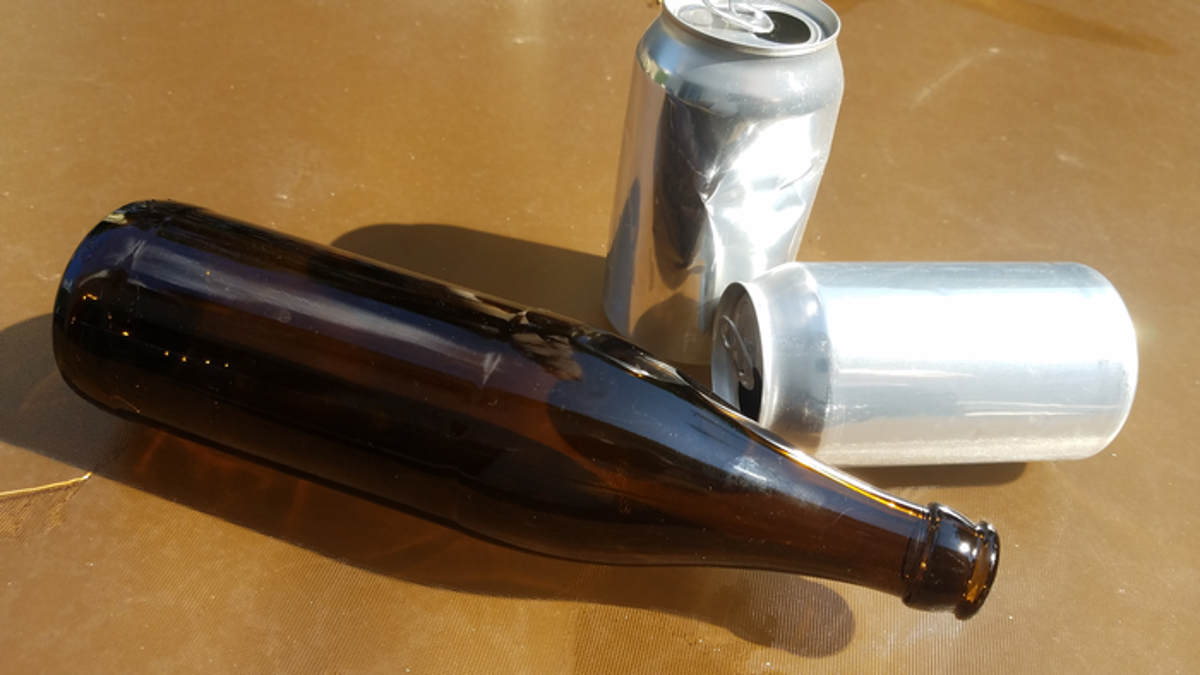
Scientists have developed a gel from whey protein that breaks down alcohol in the gut and reduces its intoxicating effects, an advance that could lead to a new way of treating hangovers.
Researchers found that the gel, which is yet to be tested in humans, can reduce alcohol levels in the blood of mice by up to 50 per cent and protect their body from the harmful effects of alcohol intake.
Many of the effects of excessive alcohol consumption are caused by acetaldehyde, researchers say.
They found that the gel converts alcohol quickly and efficiently into “harmless” acetic acid before it can enter the bloodstream, where it normally develops intoxicating effects.
“The gel shifts the breakdown of alcohol from the liver to the digestive tract. In contrast to when alcohol is metabolised in the liver, no harmful acetaldehyde is produced as an intermediate product,” said study co-author Raffaele Mezzenga from ETH Zurich in Germany.
With further research, scientists say the gel could be developed into an oral pill that could be taken before or during alcohol consumption to prevent blood alcohol levels from rising, and acetaldehyde from damaging the body.
However, researchers cautioned that the gel is only effective as long as there is still alcohol in the gut, and can do very little once once the alcohol has crossed into the bloodstream.
“The gel could be of particular interest to people who don’t want to give up alcohol completely, but don’t want to put a strain on their bodies and aren’t actively seeking the effects of alcohol,” Dr Mezzenga said.
To make the gel, scientists boiled whey proteins for several hours to form long, thin fibrils, which after adding salt and water as a solvent, cross-linked and formed a gel.
Researchers also used individual iron atoms as catalysts distributed evenly over the surface of the long protein fibrils.
“We immersed the fibrils in an iron bath, so to speak, so that they can react effectively with the alcohol and convert it into acetic acid,” Jiaqi Su, another author of the study, said.
Triggering the alcohol-suppressing effect also requires hydrogen peroxide, which is generated by a reaction between glucose and gold nanoparticles packed into the gel.
The gel was found to be effective both in mice that were given alcohol just once and on those given alcohol regularly for 10 days.
About 30 minutes after a dose of alcohol in mice, the gel reduced the alcohol level in the mice’s blood stream by 40 per cent, scientists say.
Five hours after the mice consumed alcohol, their blood alcohol level dropped by as much as 56 per cent compared to the control group, the study found.
Researchers say the gel also “greatly reduced” stress reactions in the livers of mice.
Mice given the gel after 10 days of alcohol consumption showed “significantly less weight loss, less liver damage and hence better fat metabolism in the liver as well as better blood values,” scientists say.
“Our hydrogel further demonstrates a protective effect on the liver, while simultaneously mitigating intestinal damage and dysbiosis associated with chronic alcohol consumption, introducing a promising strategy in effective alcohol detoxification,” they added.







